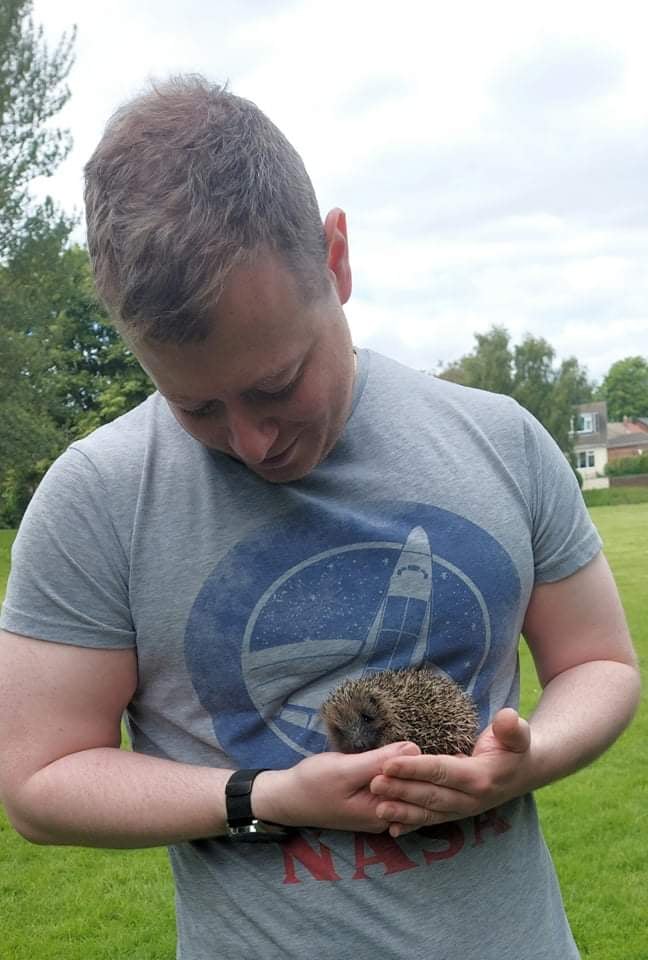The North East is the region with the highest number of attacks on NHS staff in the UK for the fourth time in five years, figures show.
It is reported that the region made 8.48 per cent of attacks on NHS staff across the whole country.
It was the Northumberland Tyne and Wear NHS Foundation Trust (NTW) – a mental health trust – that has had the highest level of assaults in the country, according to figures released by NHS Protect.
The figures show staff working for this trust were the victims of assault on 3,576 occasions in 2014/15 – which is the highest number it has had in the last five years. And that number means it made 5,27 per cent of the entire UK’s assaults on staff.
John Lawlor Chief Executive at NTW said: “Whilst this report does not make easy reading, it does show that we have a robust reporting system for staff who have been subject to violence and aggression.
“To give some context to these figures, here at NTW, we record any intentional contact by a patient as an assault. This can be something as basic as touching or prodding a member of staff.
“Reassuringly, of the 3,576 reported incidents, none were recorded as causing major harm, with 92 per cent being recorded as causing no harm or minor harm. However, one assault is one too many.”
The second highest figures in the region are those for the Tees, Esk and Wear Valleys NHS Foundation Trust, which is also a mental health trust, and recorded 1,156 assaults.
However, this compared to 2014 shows a fall of 392 attacks and is the lowest figure over the previous five years.
Other trusts which saw an increase in attacks in 2015 include South Tyneside NHS Foundation Trust, South Tees Hospitals NHS Foundation Trust and The Newcastle Upon Tyne Hospitals NHS Foundation Trust. There was a rise for those trusts to 552 attacks as opposed to them being responsible for 483 in 2013/14.
There was some improvement shown within the region though, as a number of trusts managed to reduce the number of attacks:
- County Durham and Darlington NHS Foundation Trust recorded 182 attacks – down from 233 for the period 2013/14. The trust is responsible for a number of hospitals which includes the Darlington Memorial Hospital and University Hospital of North Durham.
- The numbers also fell for Gateshead Health NHS Foundation from 161 in 2013/14 to just 76 for this year.
- Unfortunately, their fellow ambulance workers in the Yorkshire Ambulance Service NHS Trust saw an increase to 148 attacks from 110.
Luke Hunter, 32, is a paramedic with the North East Ambulance Service NHS Trust and has been for the past nine years.
He said: “I have witnessed a physical attack on a colleague but have not been physically attacked personally. I have had a number of ‘attempted’ physical attacks but I was able to avoid the attack.”
The possibility of being attacked is reportedly something that paramedics face daily and have had to find ways to adjust: “It is often in my mind as in my role I deal with intoxicated patients and drug users, as well as mental health patients. I tend to be more aware of my body language and the words I use.
“I also tend to keep more of a distance between the patient and become more aware of my surroundings to avoid an attack, i.e. weapons and such,” added Mr Hunter.
Brenda Hepburn, who was a matron at Wansbeck General Hospital for the NTW before retiring in 2011, believes that, while with advances in technology the working environment for NHS staff should be safer, this could be the reason for a rise in the figures.
She said: “There are many more CCTV cameras and security guys around in hospitals nowadays than when I started working for the NHS in the late 80‘s.
“A lot more gets caught and recorded now, but it has always been a profession that has left you vulnerable to the possibility of being attacked.”
Unison is the employment union for almost half a million NHS staff members, they take the safety of their members very seriously, saying: “We recognise and defend the rights of all workers in the health service. By working together within UNISON, health sector workers are better able to fight for change.”



